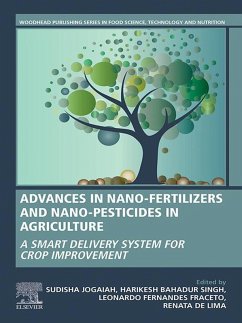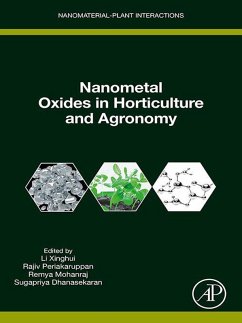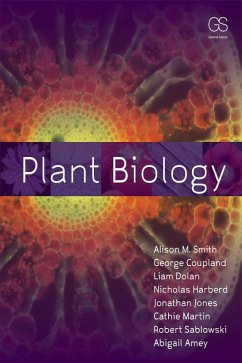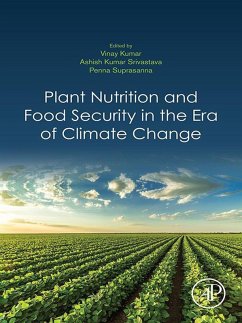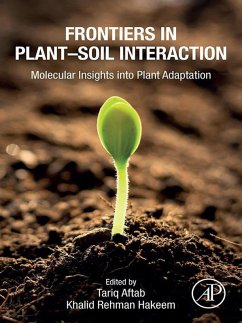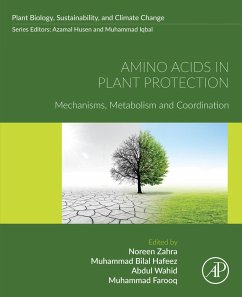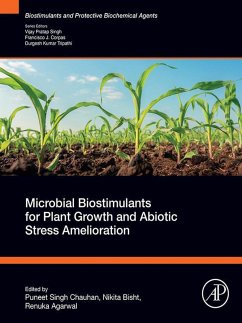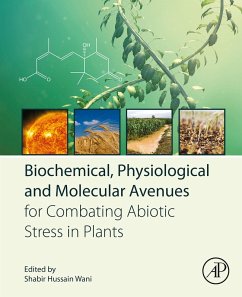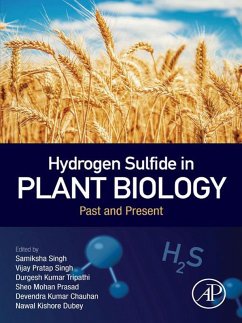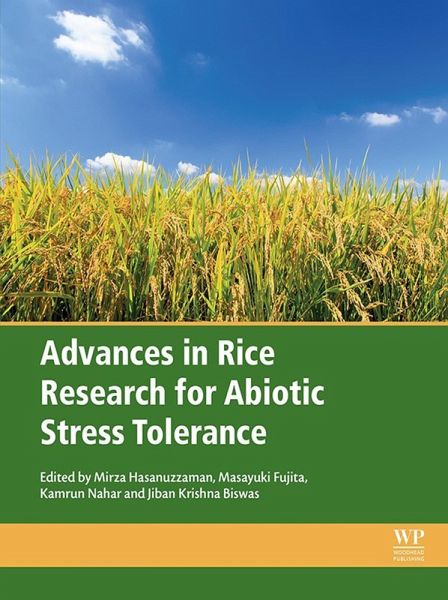
Advances in Rice Research for Abiotic Stress Tolerance (eBook, ePUB)

PAYBACK Punkte
106 °P sammeln!
Advances in Rice Research for Abiotic Stress Tolerance provides an important guide to recognizing, assessing and addressing the broad range of environmental factors that can inhibit rice yield. As a staple food for nearly half of the world's population, and in light of projected population growth, improving and increasing rice yield is imperative. This book presents current research on abiotic stresses including extreme temperature variance, drought, hypoxia, salinity, heavy metal, nutrient deficiency and toxicity stresses. Going further, it identifies a variety of approaches to alleviate the ...
Advances in Rice Research for Abiotic Stress Tolerance provides an important guide to recognizing, assessing and addressing the broad range of environmental factors that can inhibit rice yield. As a staple food for nearly half of the world's population, and in light of projected population growth, improving and increasing rice yield is imperative. This book presents current research on abiotic stresses including extreme temperature variance, drought, hypoxia, salinity, heavy metal, nutrient deficiency and toxicity stresses. Going further, it identifies a variety of approaches to alleviate the damaging effects and improving the stress tolerance of rice. Advances in Rice Research for Abiotic Stress Tolerance provides an important reference for those ensuring optimal yields from this globally important food crop. - Covers aspects of abiotic stress, from research, history, practical field problems faced by rice, and the possible remedies to the adverse effects of abiotic stresses - Provides practical insights into a wide range of management and crop improvement practices - Presents a valuable, single-volume sourcebook for rice scientists dealing with agronomy, physiology, molecular biology and biotechnology
Dieser Download kann aus rechtlichen Gründen nur mit Rechnungsadresse in A, B, BG, CY, CZ, D, DK, EW, E, FIN, F, GR, HR, H, IRL, I, LT, L, LR, M, NL, PL, P, R, S, SLO, SK ausgeliefert werden.



